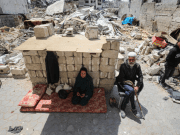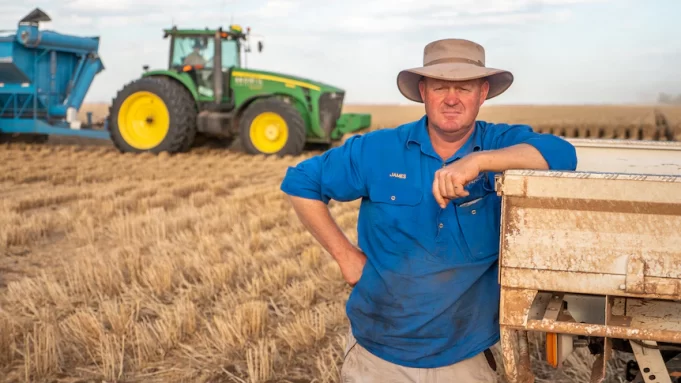BARCELONA, Spain: The Russian tanks and missiles besieging Ukraine are threatening the food supply and livelihoods of people in Europe, Africa, and Asia. Who relies on the vast, fertile farmlands of the Black Sea region — known as the “breadbasket of the world.”
In this war situation, Ukrainian farmers have been forced to neglect their fields as millions flee, fight, or try to stay alive. Ports are shut down that send wheat and other food staples worldwide. And there are worries Russia, another agricultural powerhouse, could have its grain exports upended by Western sanctions.
If the war is prolonged, countries that rely on affordable wheat exports from Ukraine could face shortages starting in July. While there have not yet been global disruptions to wheat supplies, prices have surged 55% since a week before the invasion amid concerns about what could happen next.
That could create food insecurity and throw more people into poverty. In Europe, officials are preparing for potential shortages of products from Ukraine. They have already increased the prices for livestock feed which could mean more expensive meat and dairy if farmers are forced to pass along costs to customers.
It is a fact that Russia and Ukraine combine for nearly a third of the world’s wheat and barley exports. Ukraine also is a major supplier of corn and the global leader in sunflower oil, used in food processing. The war could reduce food supplies just when prices are at their highest levels since 2011.
Egypt’s state procurer of wheat, which normally buys heavily from Russia and Ukraine, had to cancel two orders in less than a week: one for overpricing, the other because a lack of companies offered to sell their supplies. Sharp spikes in the cost of wheat globally could severely affect Egypt’s ability to keep bread prices at their current subsidized level.
Even before the war threatened to affect wheat supplies in sub-Saharan Africa, people in Kenya were demanding #lowerfoodprices on social media as inflation eroded their spending power. Now, they’re bracing for worse. African countries imported agricultural products worth $4 billion from Russia in 2020, and about 90% was wheat, said Wandile Sihlobo, chief economist for the Agricultural Business Chamber of South Africa.
In Nigeria, flour millers believe a shortage of wheat supplies from Russia would affect the price of products like bread, a common food in Africa’s most populous country. Nigeria has taken pains to reduce its reliance on Russian grains, with farmers moving to plant more wheat fields to try to meet 70% of the country’s demand in five years.
The disruption can be felt as far away as Indonesia, where wheat is used to make instant noodles, bread, fried foods, and snacks. Ukraine was Indonesia’s second-largest wheat supplier last year, providing 26% of wheat consumed. Rising prices for noodles, in turn, would hurt lower-income people.
Ukraine and Russia also combine for 75% of global sunflower oil exports, accounting for 10% of all cooking oils. Spain is feeling the pinch both in sunflower oil, which supermarkets are rationing, and grains for the all-important breeding industry. Those imported grains go to feed some 55 million pigs.
Farmers in the United States, the world’s leading corn exporter, and a major wheat supplier are watching to see if U.S. wheat exports spike. In the European Union, farmers are concerned about rising costs for livestock feed.
Ukraine supplies the EU with just under 60% of its corn and nearly half of a key component in the grains needed to feed livestock. Russia, which provides the EU with 40% of its natural gas needs, is similarly a major supplier of fertilizer, wheat, and other staples.
Since October, Spanish pork products have been taking a loss from high costs. Those costs are driven by China stockpiling feed for its pigs as it claws its way out of a devastating outbreak of African swine fever.















